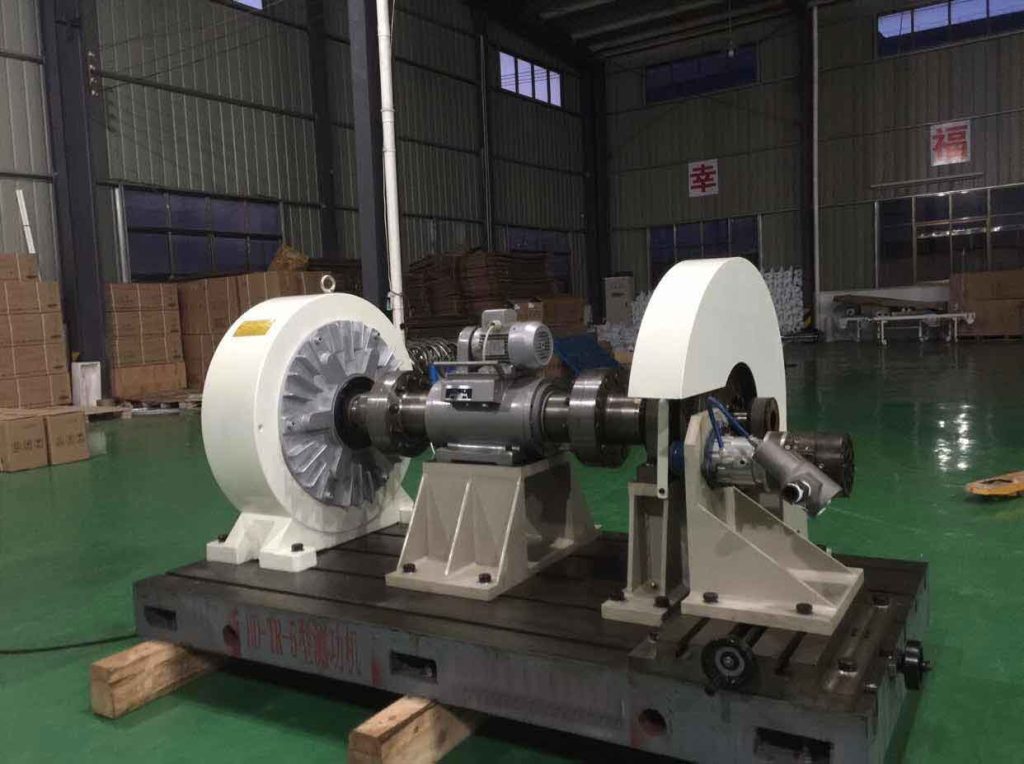Magnetic Powder Dynamometer play a pivotal role in assessing mechanical properties. These machines employ a rotor crafted from soft magnetic materials, filled with a specified amount of magnetic particles between the stator and rotor. In the absence of excitation current in the stator winding, the machine operates akin to no-load conditions as the rotor rotates with the motor.
Upon energizing the testing machine’s excitation winding with an excitation current, the magnetic particles facilitate torque transmission, transforming the machine into a load-bearing device.
Top 3 Structure and Characteristics of Magnetic Powder Dynamometer
- The rotor’s torque generates a corresponding reaction torque on the stator due to bearing support.
- Sensing devices on the stator allow direct measurement of the tested motor’s torque.
- Optical sensors on the testing machine’s rotor facilitate easy measurement of the motor’s rotational speed.

Challenges and Control Approach
Traditional PID vector control methods face challenges stemming from variations in motor parameters. To address this limitation, a novel approach of Fuzzy-PID hybrid self-tuning control is proposed. A vector controller based on Fuzzy-PID hybrid self-tuning control is designed. Comparative simulations against traditional PID vector control confirm the feasibility of the proposed approach.
Advantages of Fuzzy-PID Hybrid Control
The Fuzzy-PID hybrid self-tuning vector control exhibits superior control performance and robustness compared to conventional PID vector control. It also offers enhanced energy efficiency and holds significant application value.
Conclusion
Magnetic Powder Dynamometer , with their intricate structure and unique characteristics, serve as indispensable tools for evaluating mechanical attributes. The application of Fuzzy-PID hybrid self-tuning control introduces a novel approach to overcome challenges associated with traditional PID control methods.
With its enhanced control performance, robustness, energy efficiency, and broad utility, the Fuzzy-PID hybrid control emerges as a promising avenue for refining the operational excellence of magnetic particle testing machines across diverse industries.
